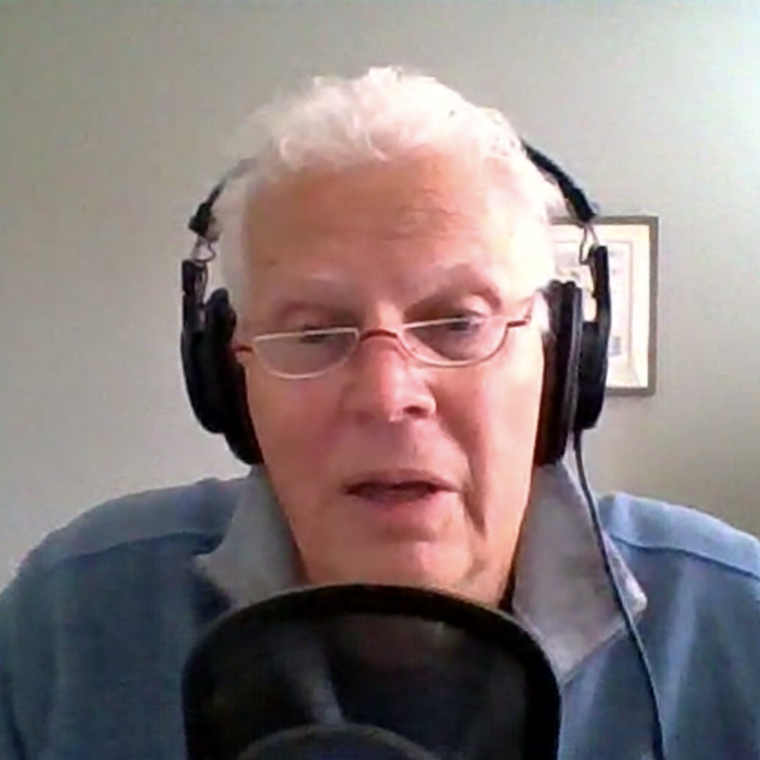Larry Churchill, PhD, MDiv, is the Ann Geddes Stahlman Professor Emeritus of Medical Ethics and Professor Emeritus of Medicine, Religion, and Philosophy at Vanderbilt University. He is the author of several books, notably Everyday Ethics, What Patients Teach, Healers, and Bioethics Re-envisioned. His areas of expertise include clinical medical ethics, end-of-life care, healthcare rationing, justice in healthcare, and human subject research.
Explore the Collection
- Anita Allen, JD, PhD
- Lori Andrews, JD
- George Annas, JD, MPH
- Margaret P. Battin, PhD
- Tom L. Beauchamp, PhD
- Arthur L. Caplan, PhD
- Alexander Capron, LLB
- R. Alta Charo, JD
- James F. Childress, PhD
- Larry Churchill, PhD, MDiv
- Robert Cook-Deegan, MD
- Rebecca Dresser, JD, MS
- Ruth R. Faden, PhD, MPH
- Alan Fleischman, MD
- Norman Fost, MD, MPH
- Vanessa Northington Gamble, MD, PhD
- Samuel Gorovitz, PhD
- Brad Gray, PhD
- Patricia King, JD
- Loretta M. Kopelman, PhD
- Bernard Lo, MD
- Ruth Macklin, PhD
- Laurence B. McCullough, PhD
- Gilbert Meilaender, PhD, MDiv
- Steven Miles, MD
- Jonathan Moreno, PhD
- Thomas H. Murray, PhD
- Susan Sherwin, PhD
- LeRoy Walters, BD, MPhil, PhD
- Rueben Warren, DDS, DrPH
- Daniel I. Wikler, PhD
- William J. Winslade, JD, PhD
- Laurie Zoloth, PhD
Larry Churchill, PhD, MDiv
Larry Churchill, PhD, MDiv
Ann Geddes Stahlman Professor Emeritus of Medical Ethics,
Vanderbilt University

You can find full audio, transcript, and other materials in the Moral Histories Archive.
Johns Hopkins University holds all rights, title, and interests to these records, including copyright and literary rights. The records are made available for research use. Any user seeking to publish part or all of a record in this collection must seek permission from the Ferdinand Hamburger University Archives, Sheridan Libraries.